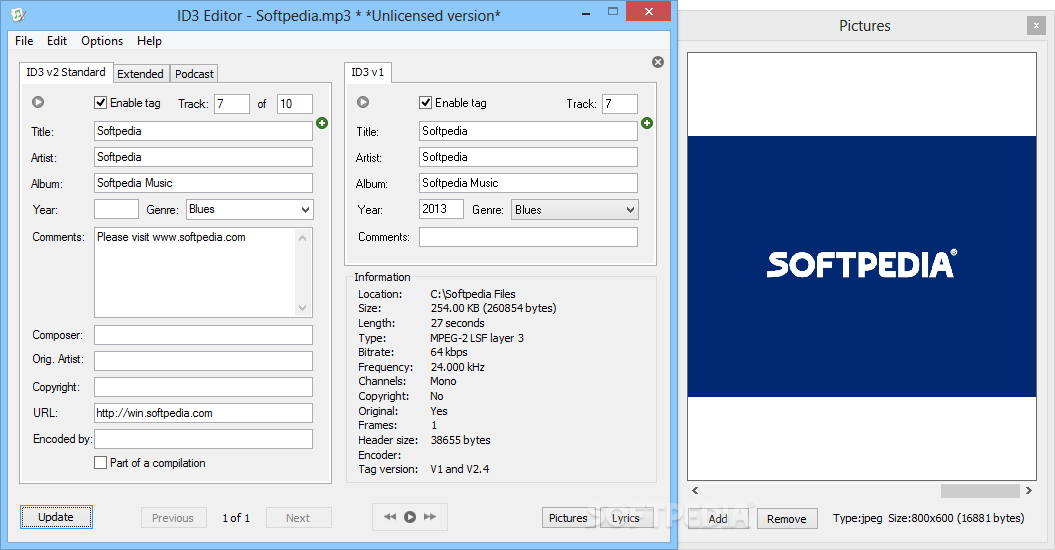
- #FMDIFF SERIAL SEEKER MAC OS#
- #FMDIFF SERIAL SEEKER UPDATE#
- #FMDIFF SERIAL SEEKER SOFTWARE#
- #FMDIFF SERIAL SEEKER TRIAL#
#FMDIFF SERIAL SEEKER SOFTWARE#
In a different domain, it has been shown that the analysis of fine-grained source code changes facilitates software maintenance. We can find in the literature accounts of the issues arising during the evolution of such systems. Software product lines are often long-lived systems, and the complexity of the system increases over time to the point where evolution operations become error prone and specific approaches and tools become necessary. Over time, as a software product line evolves, features are added, removed or modified and the associated assets should be updated accordingly.

The choice of features to offer to customers and their allowed configurations will influence every step of the development of the product line: its design, architecture, implementation techniques and applicable methods to instantiate products from a set of assets (source code, scripts, resources). Available features are often formalized in a feature model, describing both the options themselves and their allowed combinations. Features, as configuration units, represent functionalities or characteristics that may be included in products of a product line. Software product lines are designed to maximize reuse of development artefacts while reducing development costs, through the identification and formalization of what is common and variable between different members of a product family. We found that between 10 and 50 % of feature changes impact all the architecture-specific feature models, offering a new perspective on studies of the evolution of the Linux feature model and development practices of its developers. Then, by taking advantage of the multi-platform aspect of the Linux kernel, we observe the effects of a feature change across the different architecture-specific feature models of the kernel. In contrast to previous studies, we found that feature modifications are responsible for most of the changes.

We apply our approach to the Linux kernel feature model, extracting feature changes occurring in sixteen official releases. Our approach is tailored for Kconfig-based variability models and proposes a feature change classification detailing changes in features, their attributes and attribute values. In this paper, we present an approach to obtain fine-grained feature model changes with its supporting tool “FMDiff”. The purpose of this work is to show that fine-grained feature changes can be used to guide the evolution of the highly variable system. In this context, the evolution of the feature model closely follows the evolution of the system.
#FMDIFF SERIAL SEEKER UPDATE#
For such a system, evolution operations often require to update consistently both their implementation and its feature model.
#FMDIFF SERIAL SEEKER TRIAL#
The license of this software is Free Trial Software, the price is $399.00, you can free download and get a free trial.Evolving a large scale, highly variable system is a challenging task. You can be 99.9 % sure that your files will not contain any hidden corruption, that sometime soon will bring the system down and cause other expenses * The licensed version offers extensive error checking.
#FMDIFF SERIAL SEEKER MAC OS#
The HTML can be shown in any modern browser and printed on paper or to PDF (natively on Mac OS X).įMDiff is a cross platform tool for everyone who works with FileMaker files, especially forįMDiff is a stand alone application that does not depend on FileMaker Pro, FileMaker Pro Developer, FileMaker Pro Advanced, Database Design Reports, plug-ins, or other tools. Two output formats are provided: XML and HTML. tables, fields, layouts, scripts, etc.) of File- Maker files version 3 to 11.

It shows differences within the structure (i. FMDiff is a FileMaker pro developer tool, compares FileMaker Pro Files And Lists Differences.


 0 kommentar(er)
0 kommentar(er)
